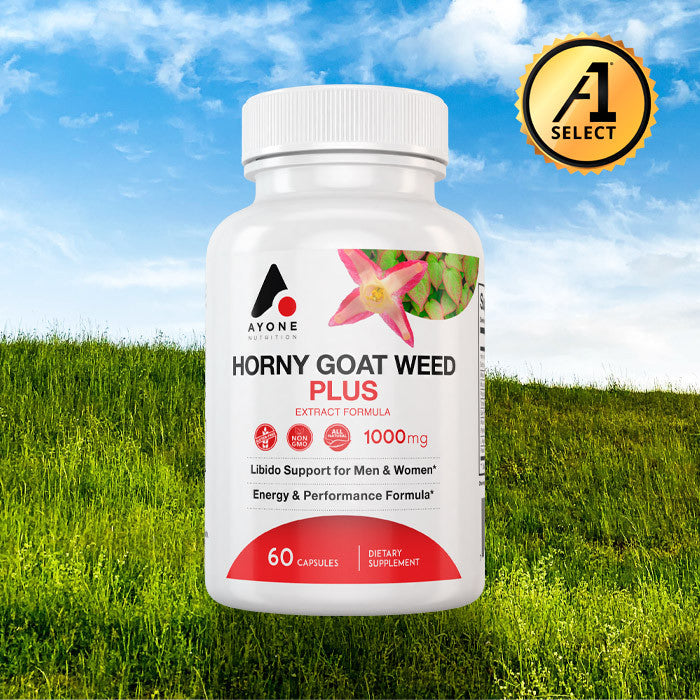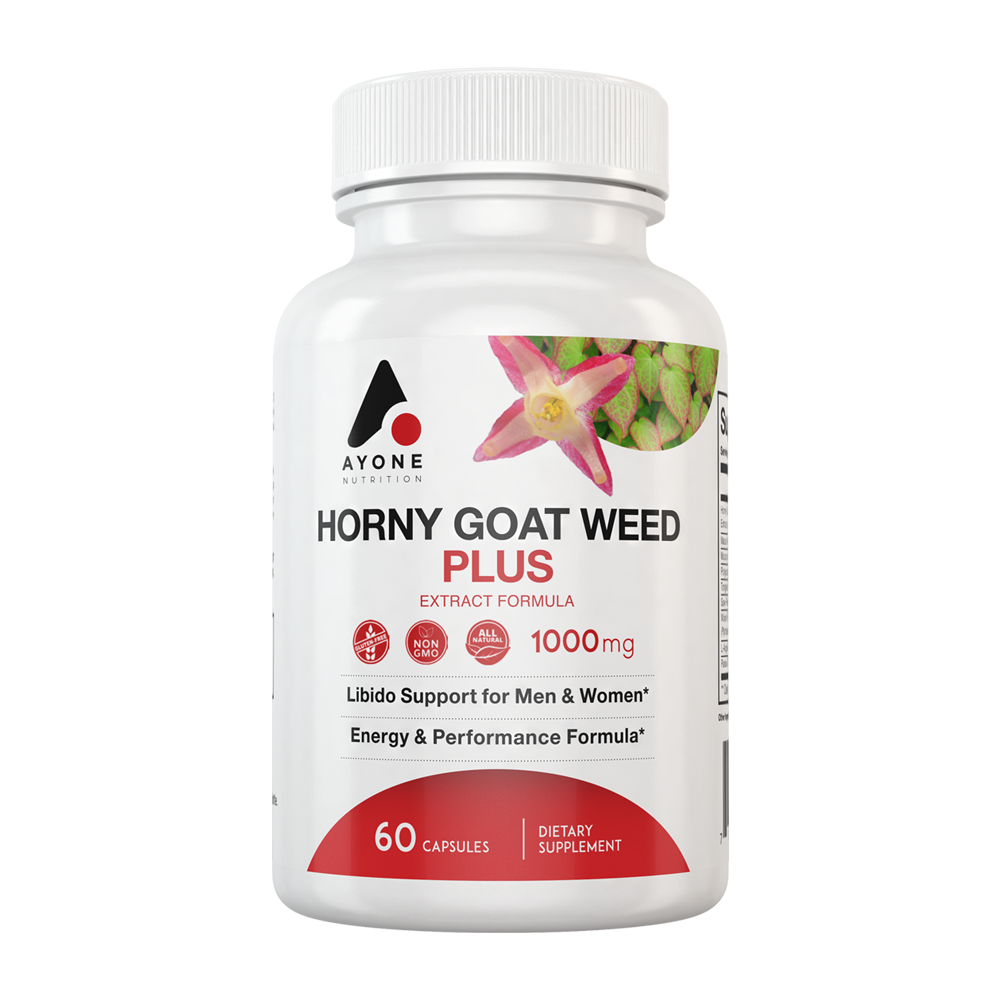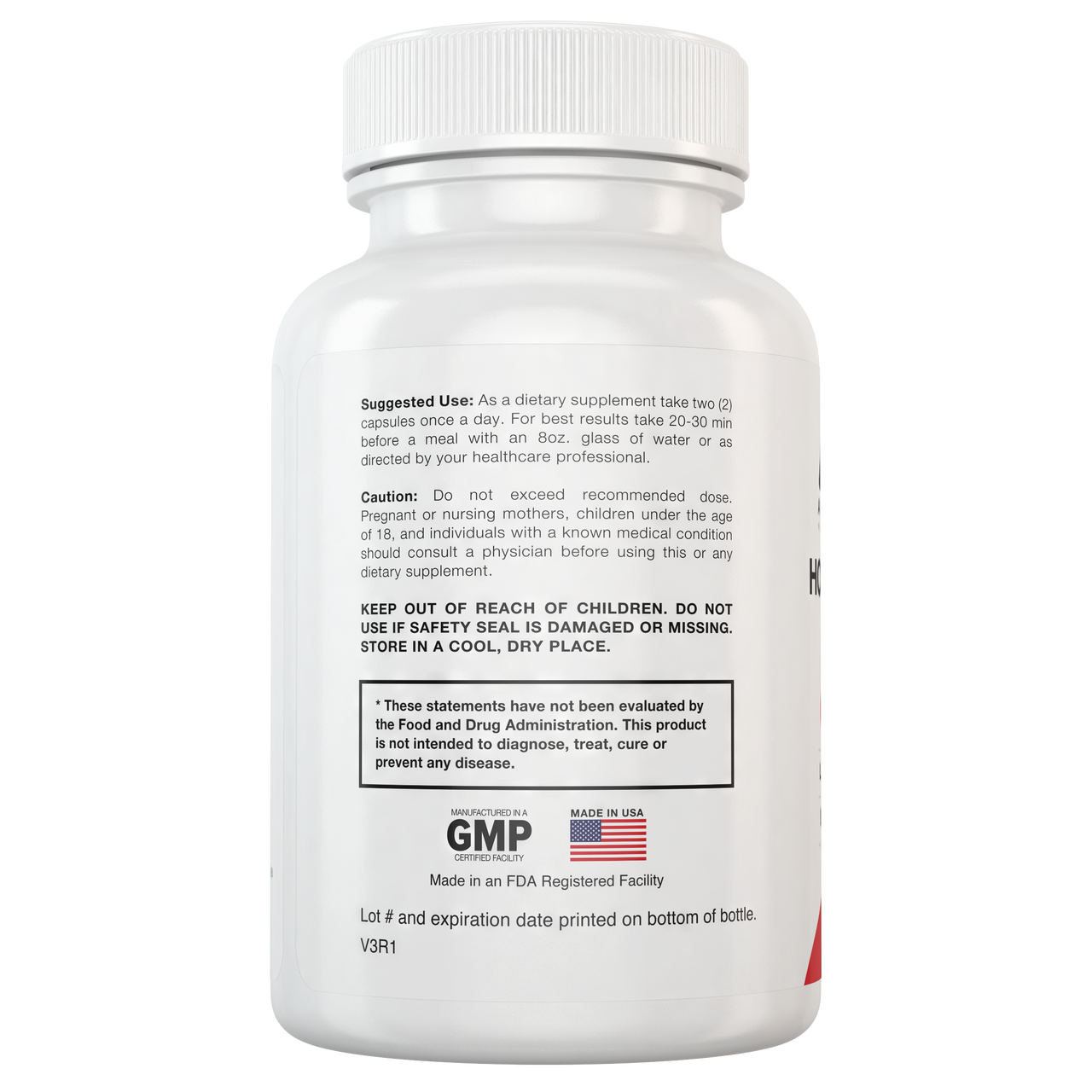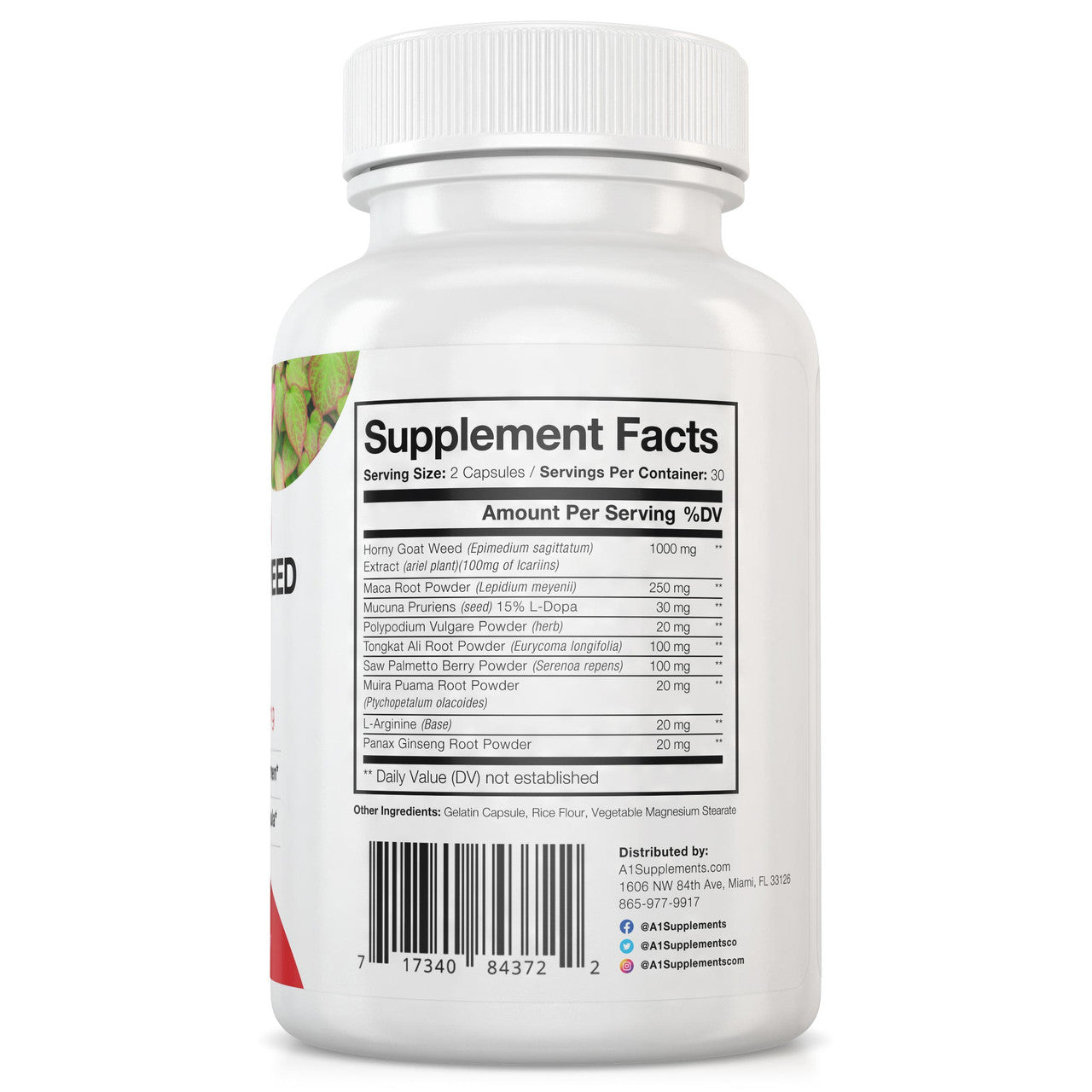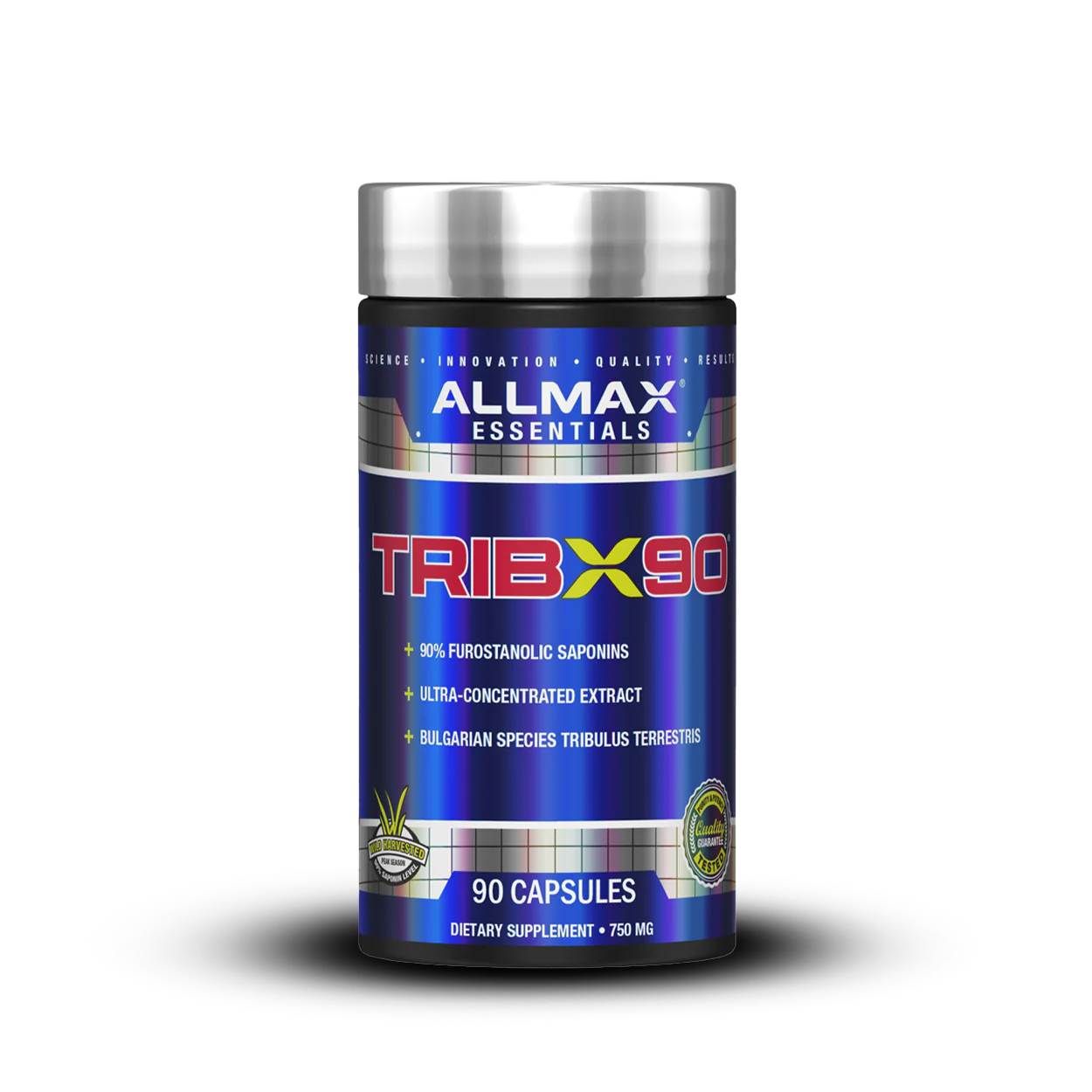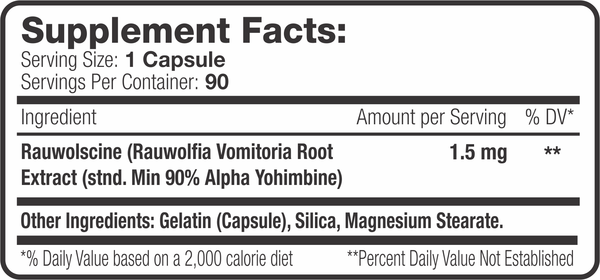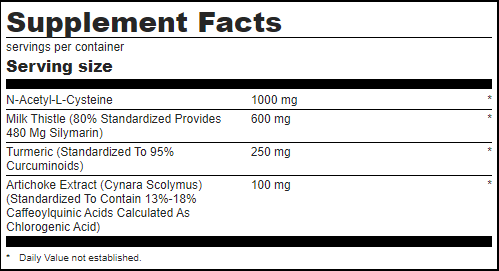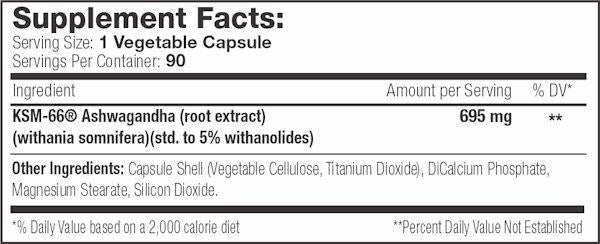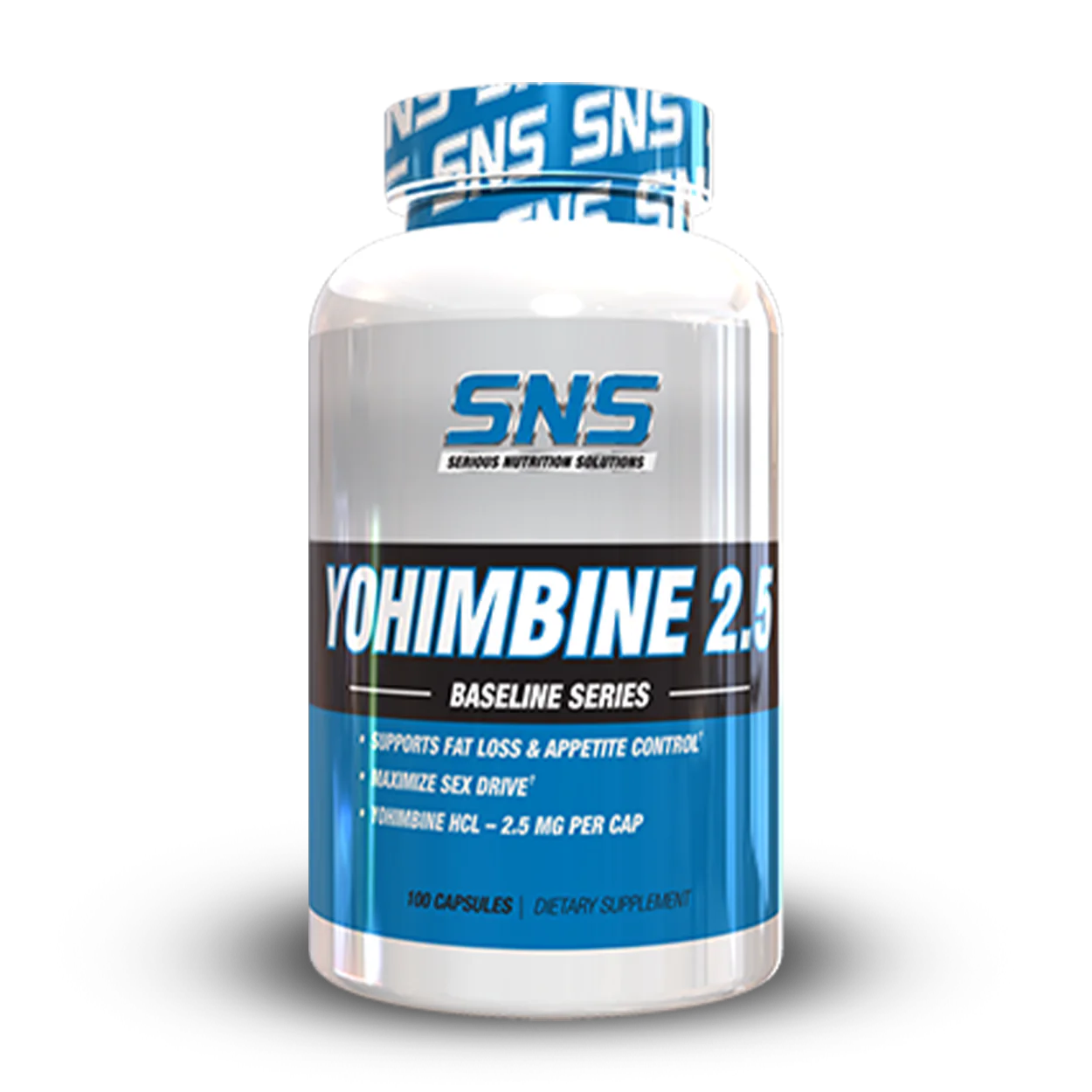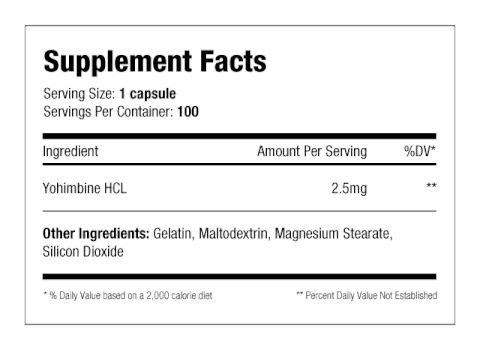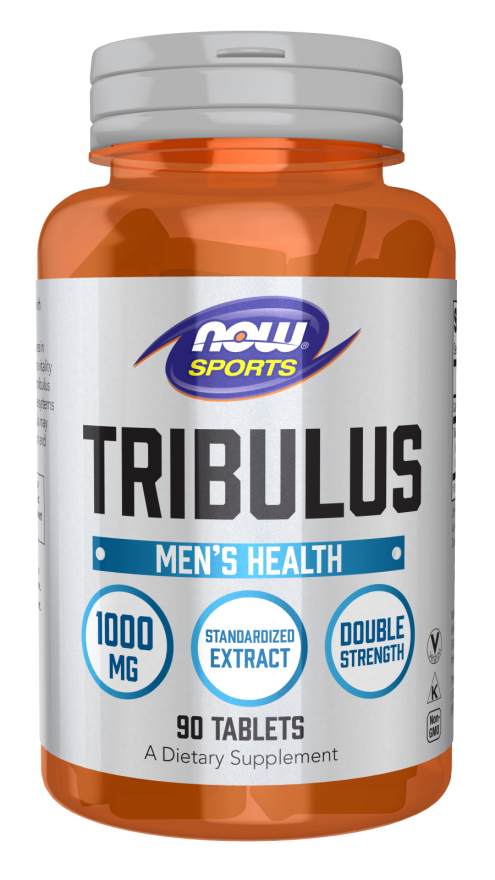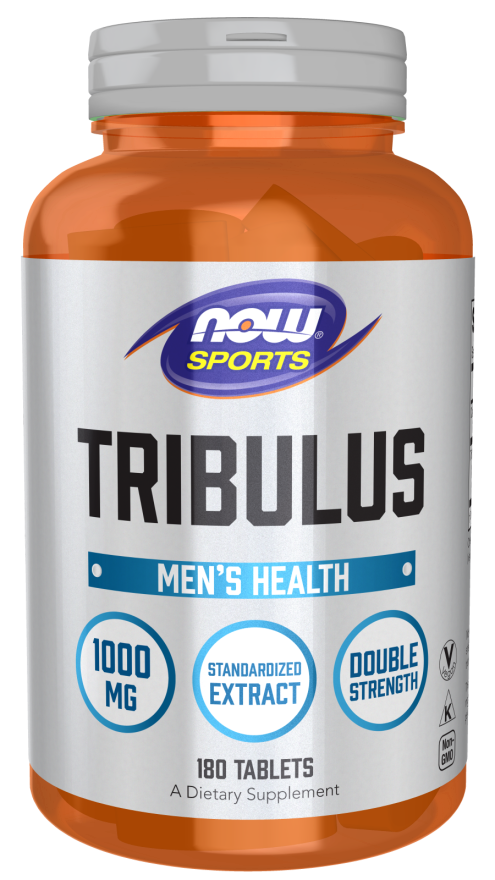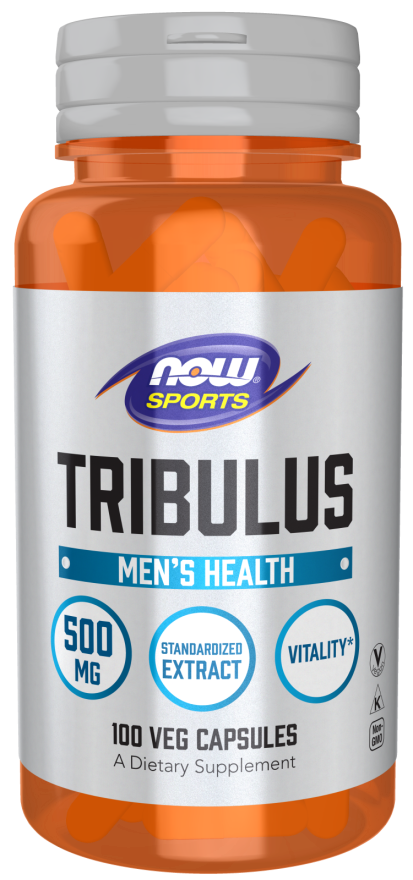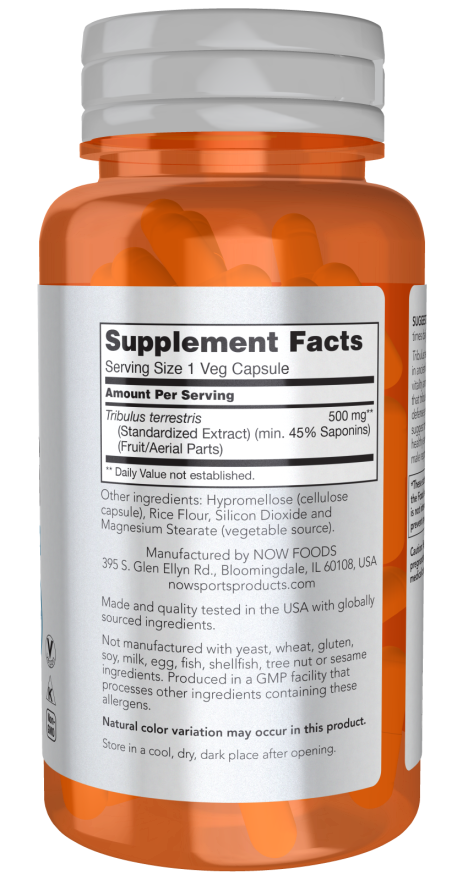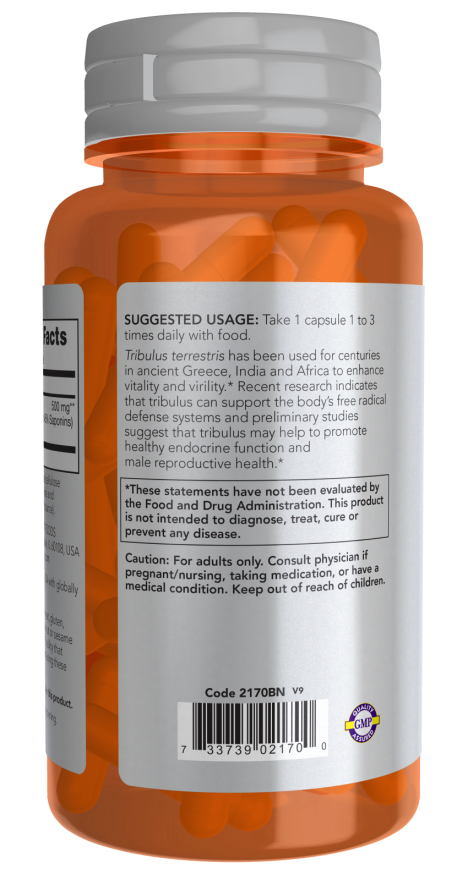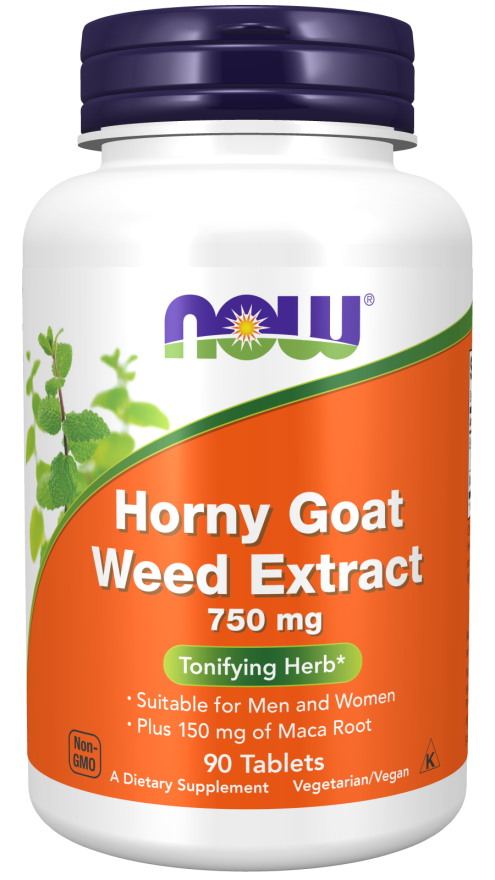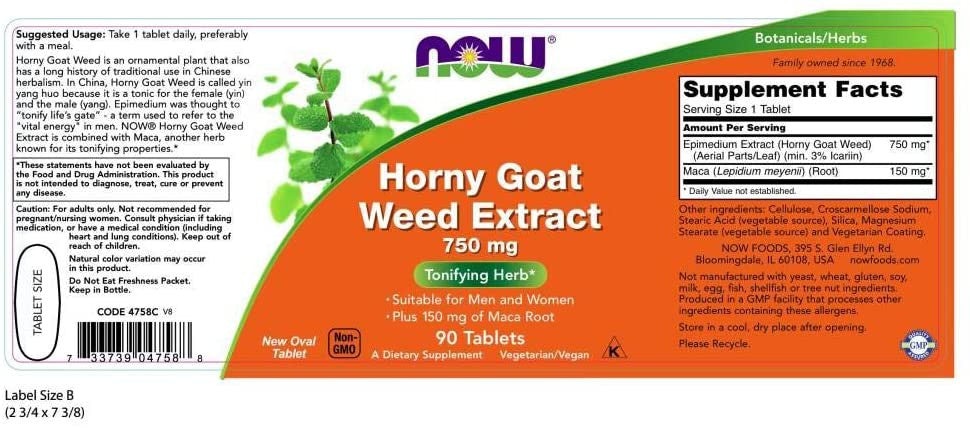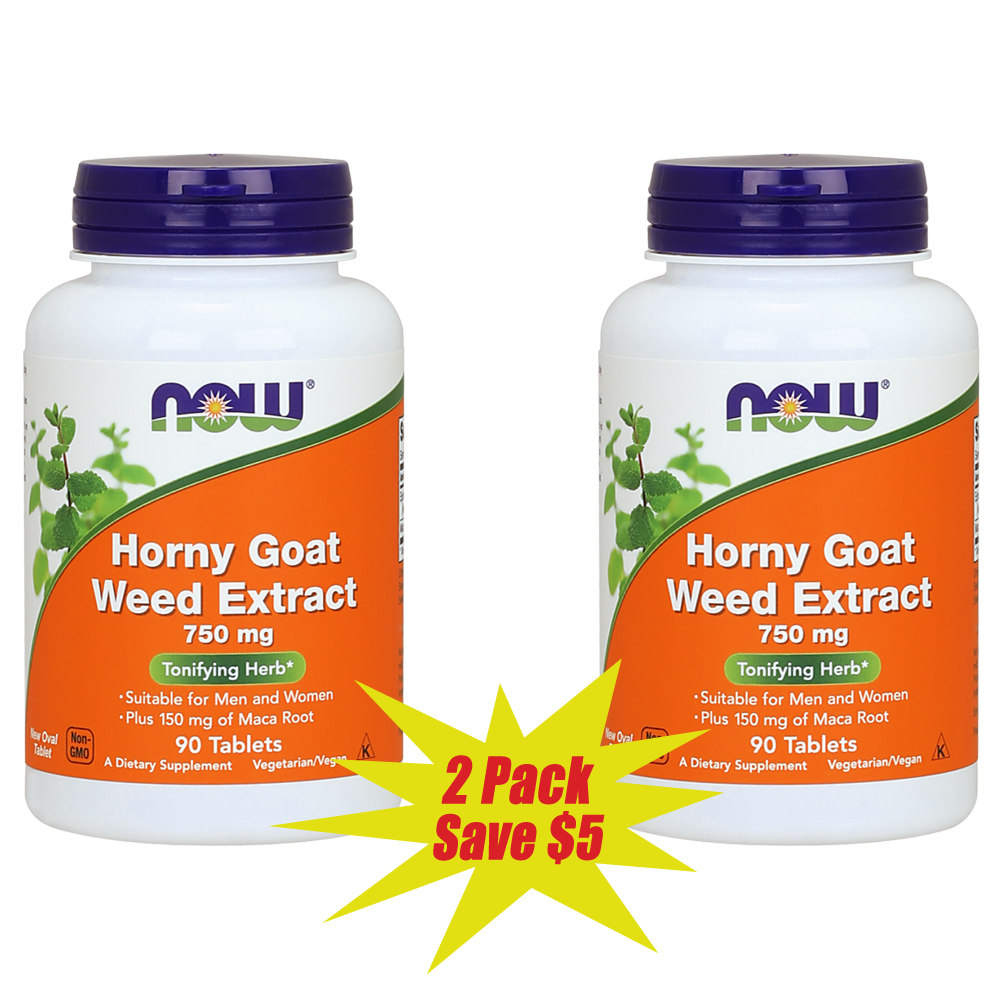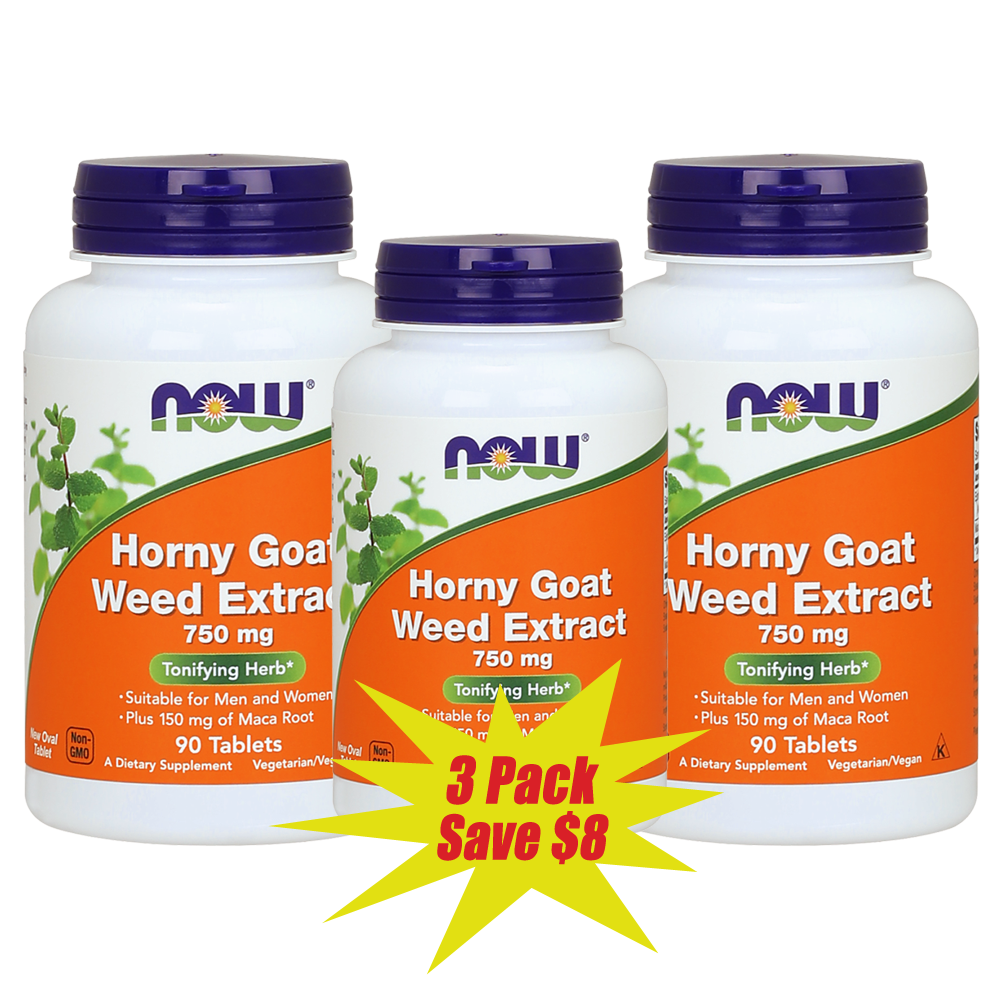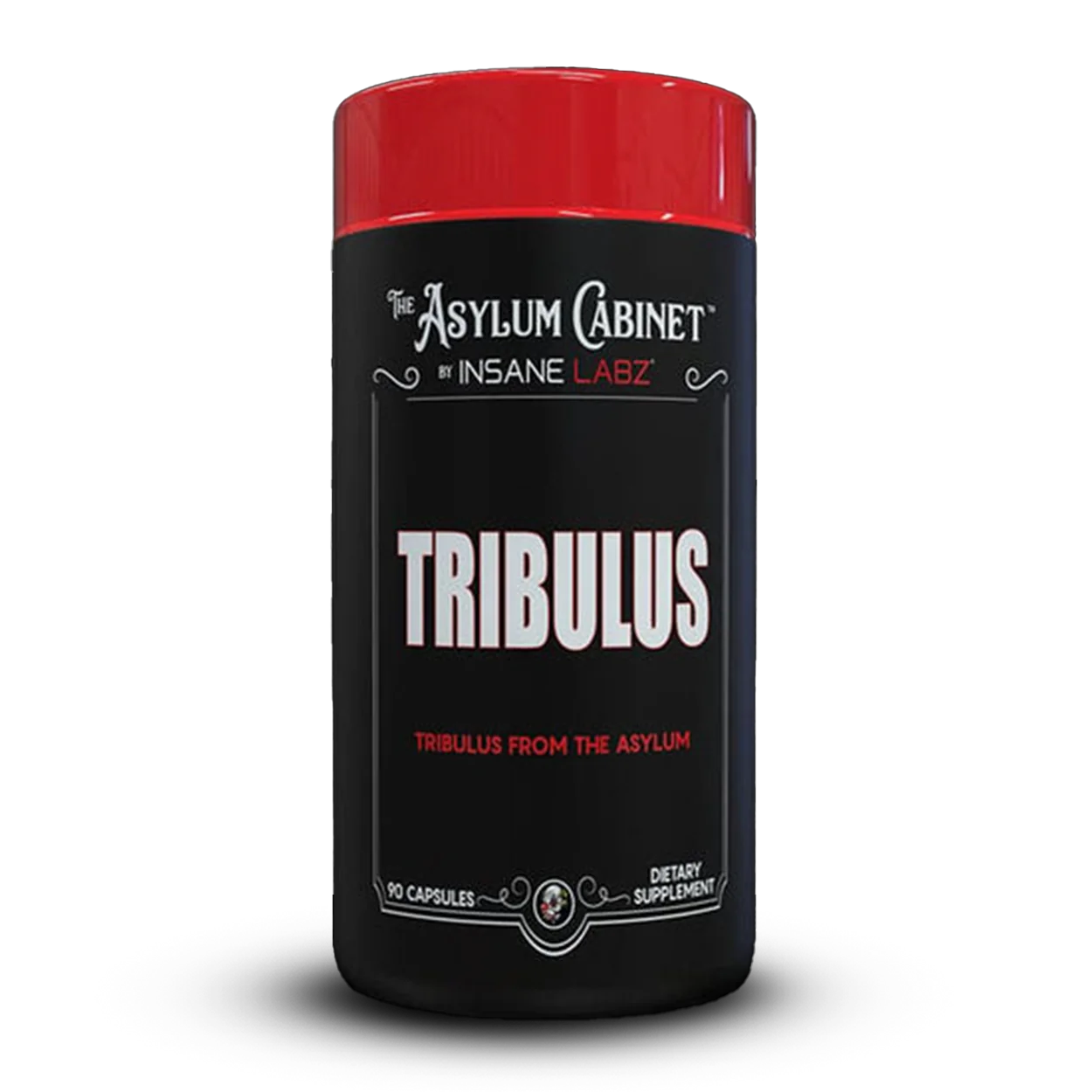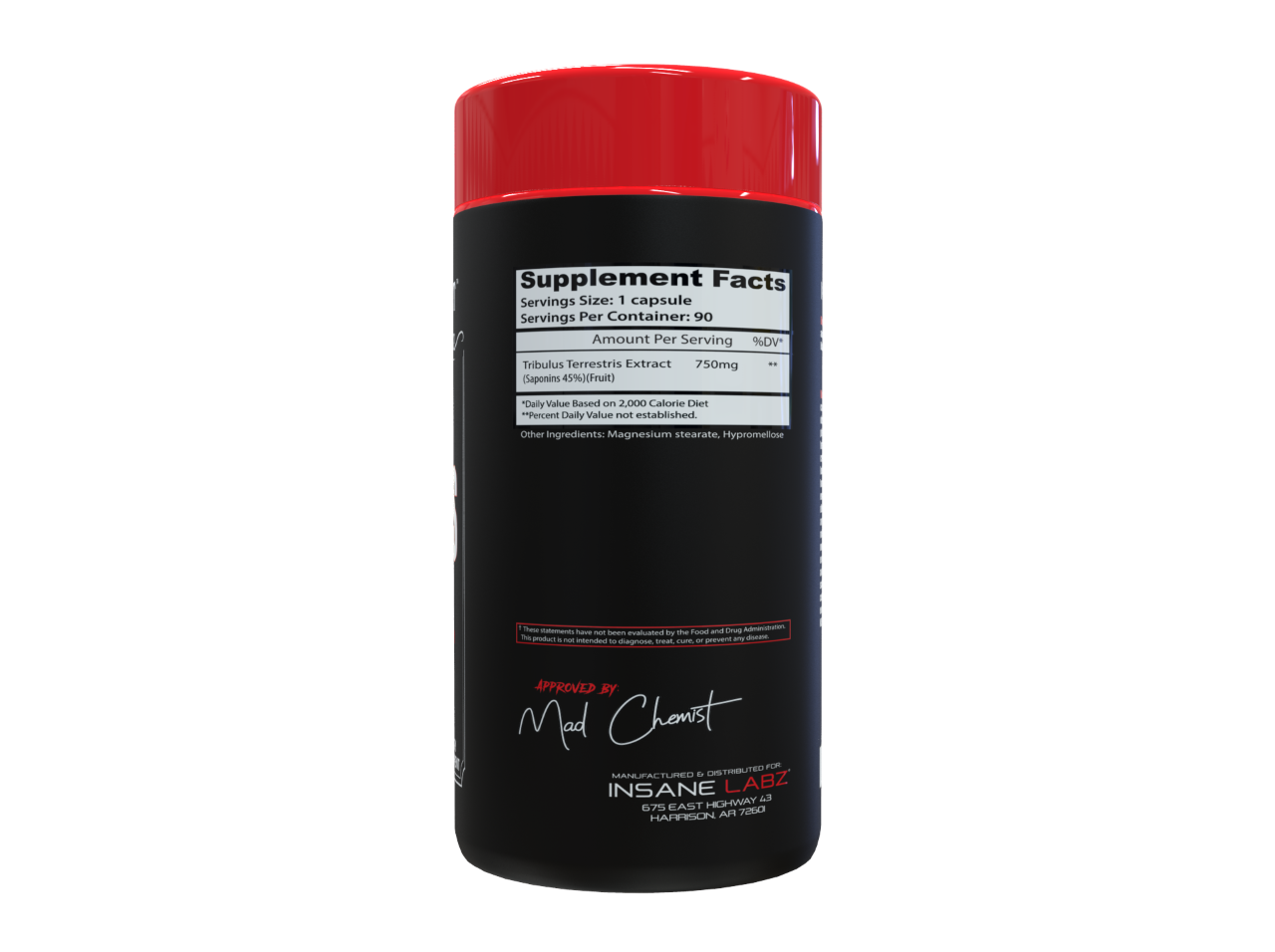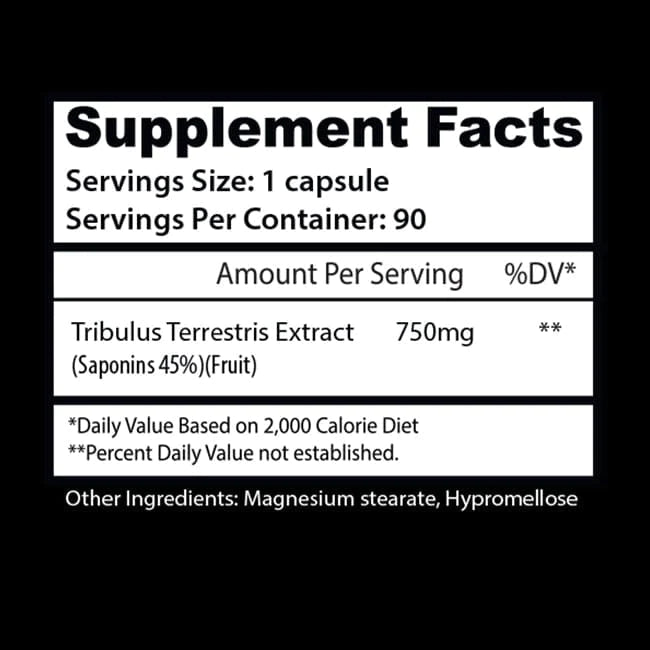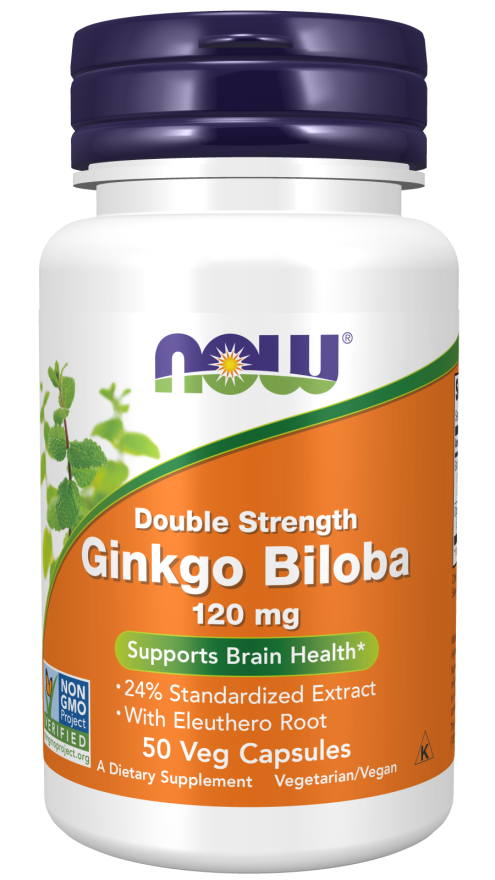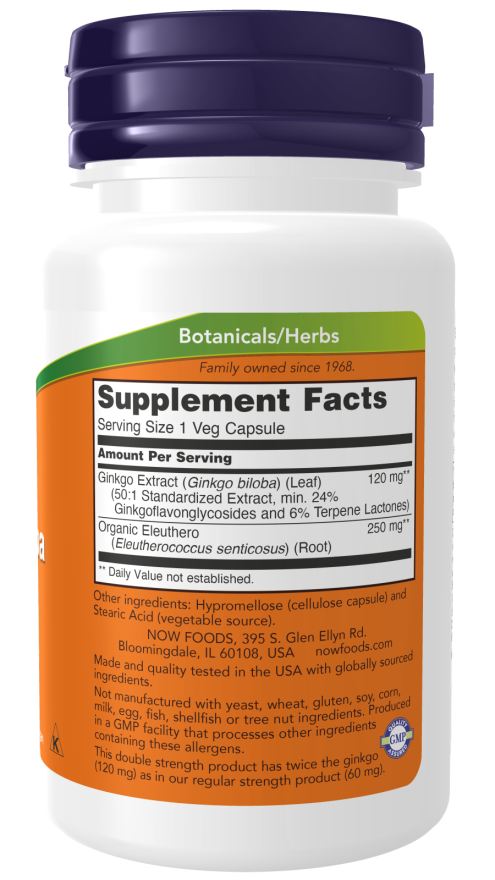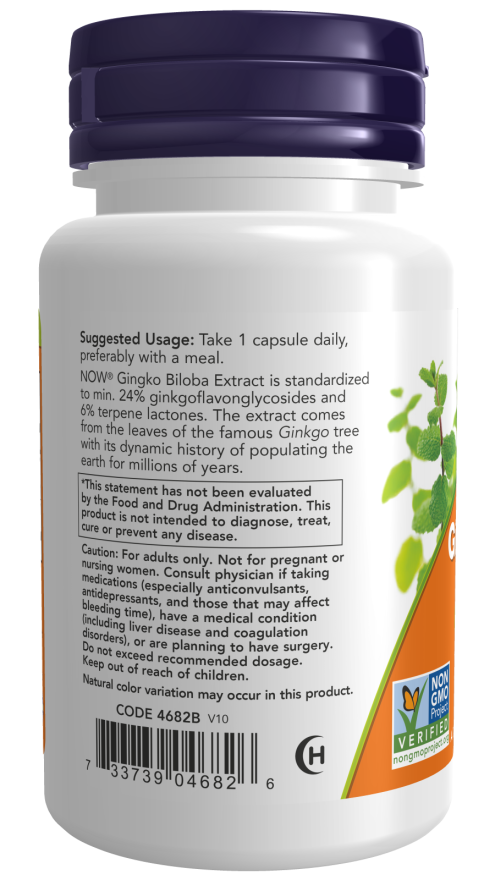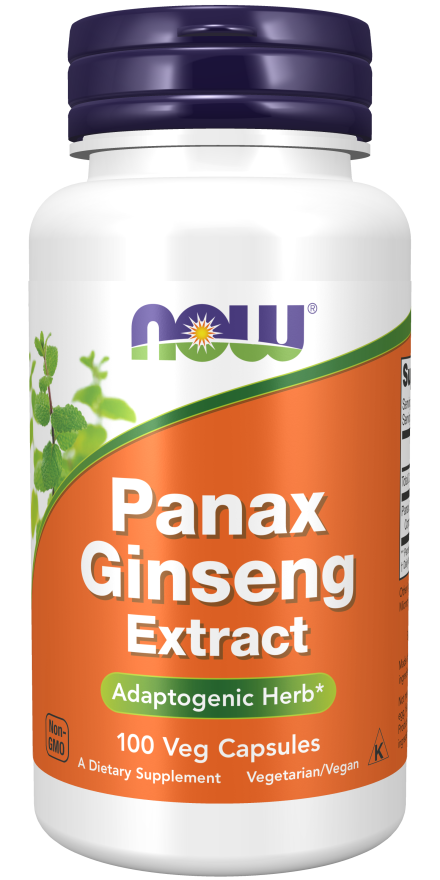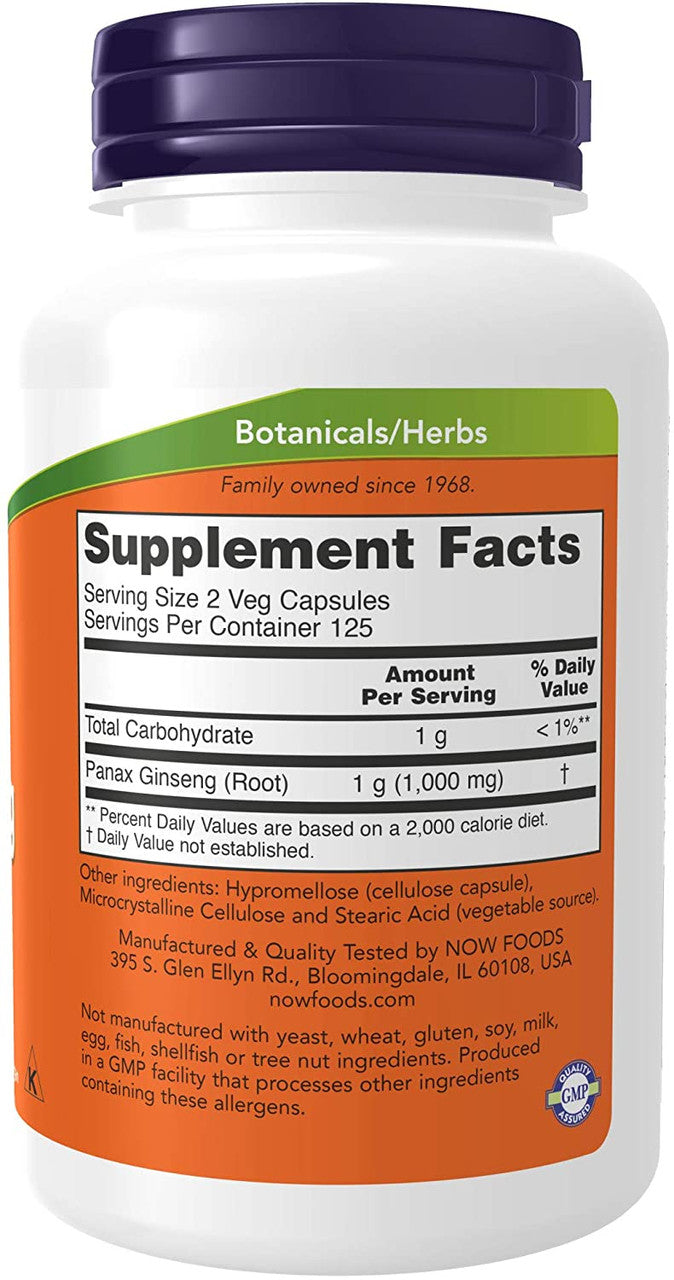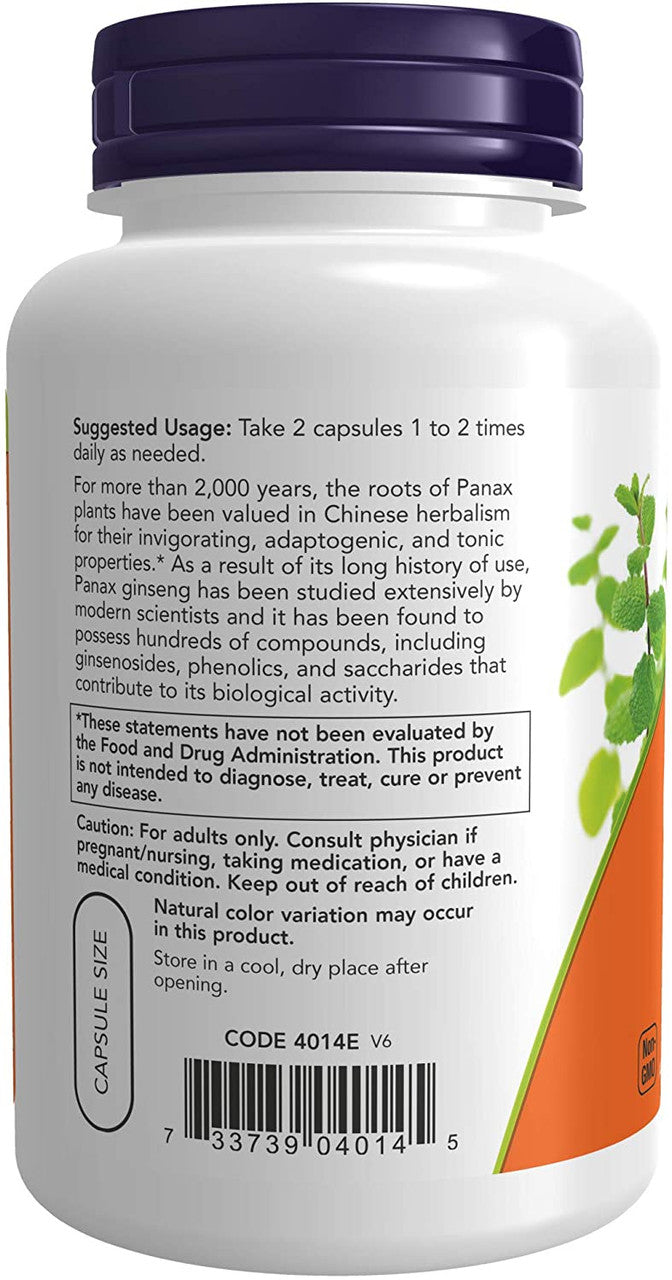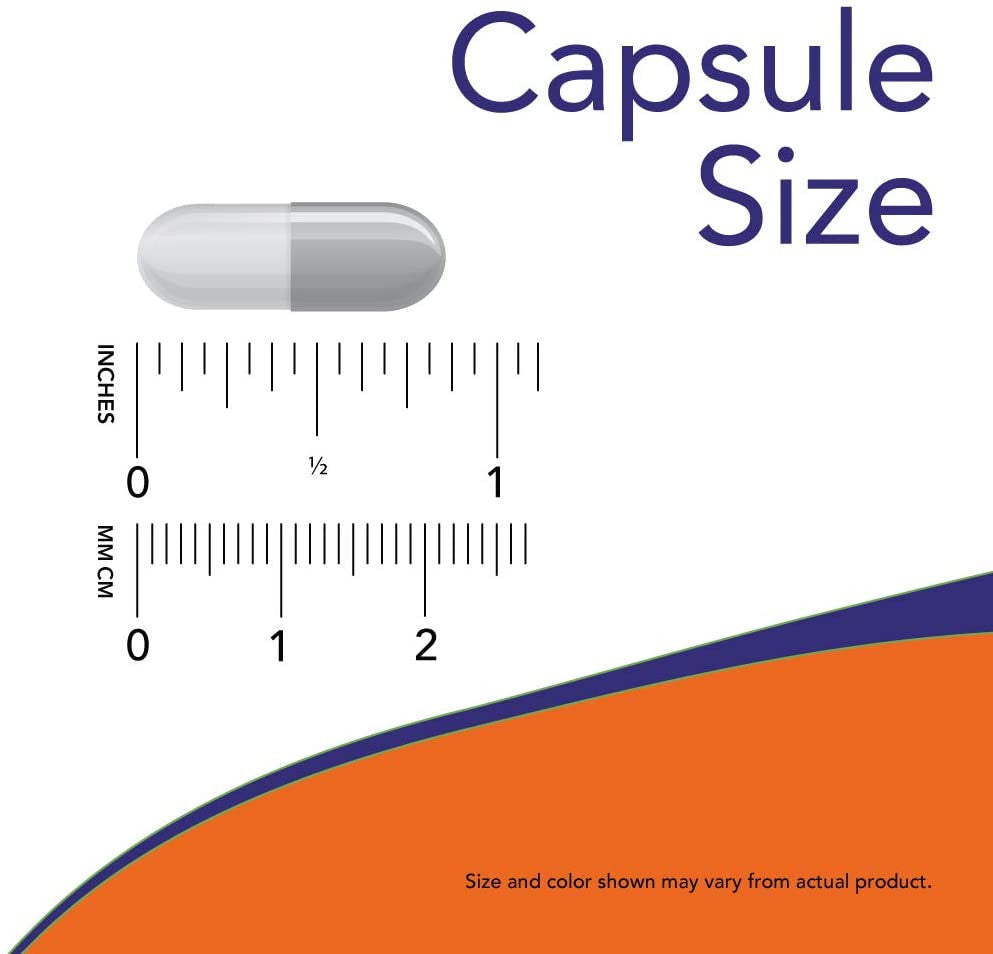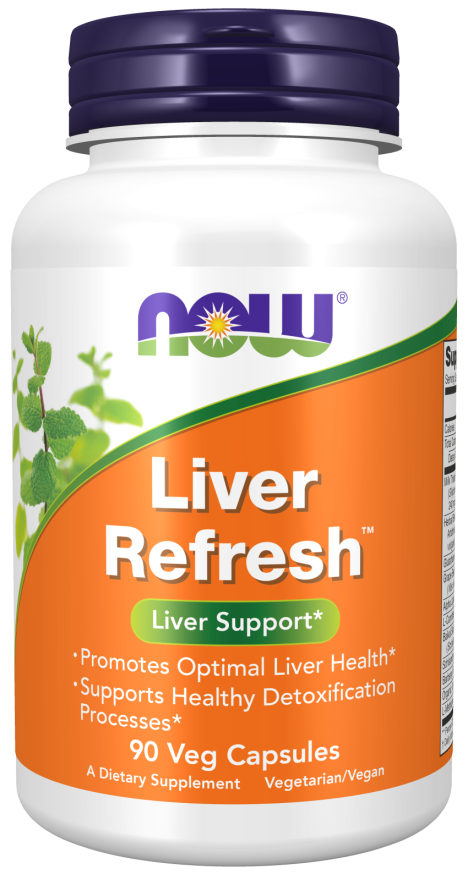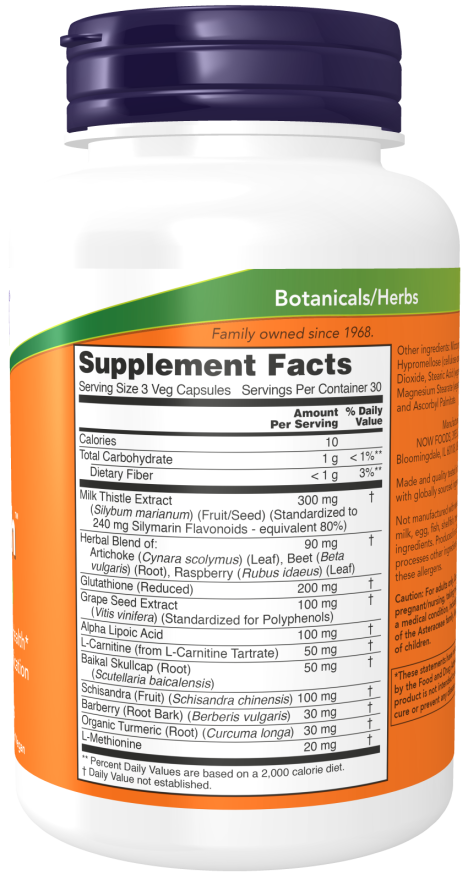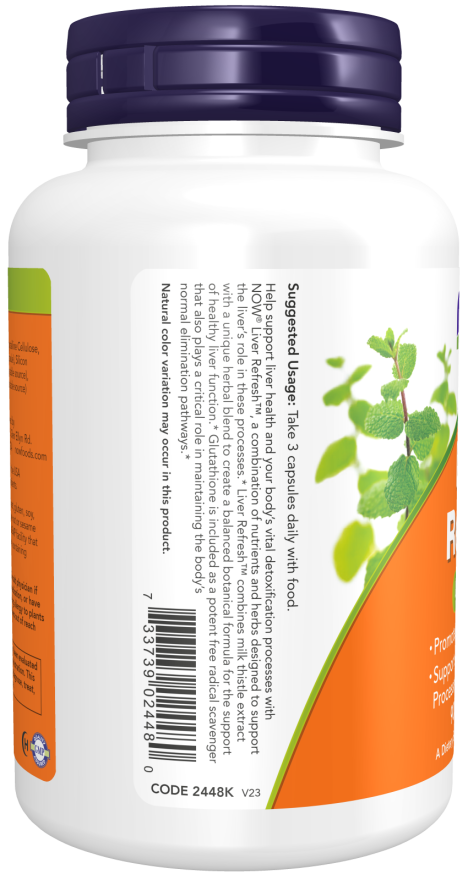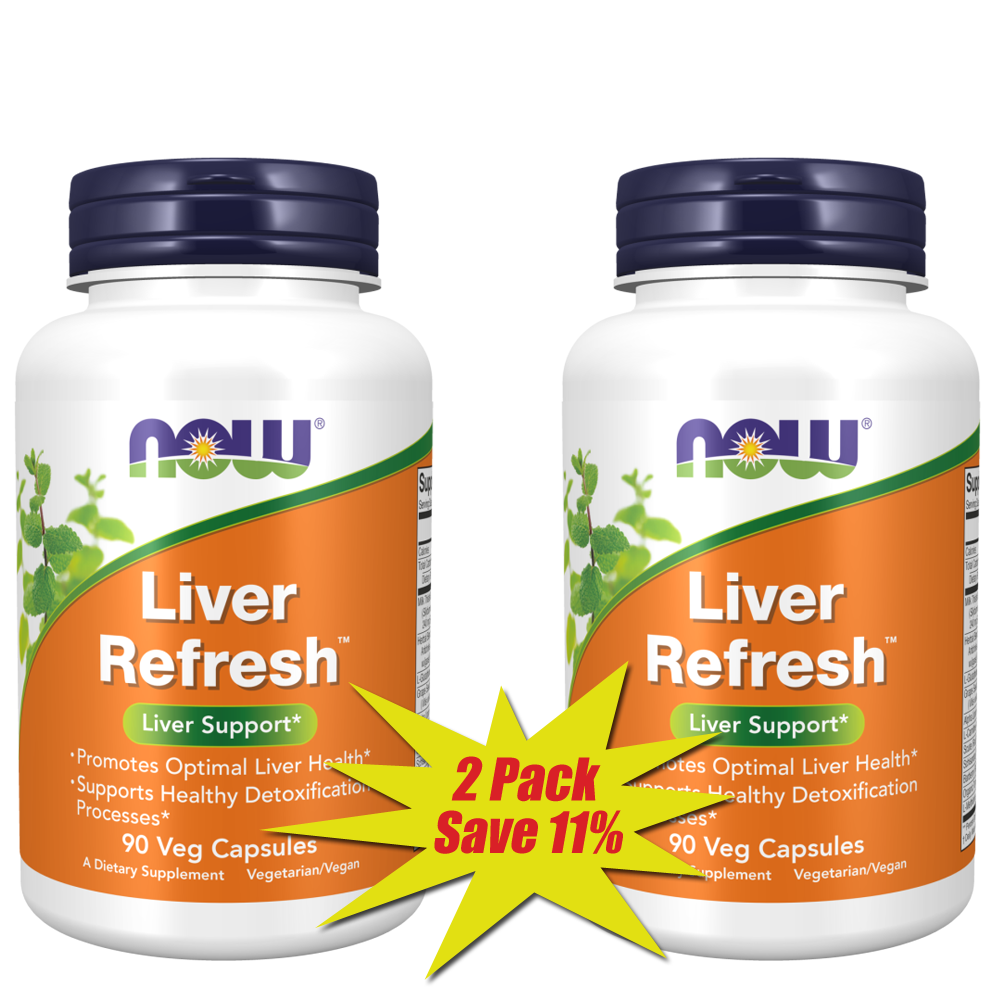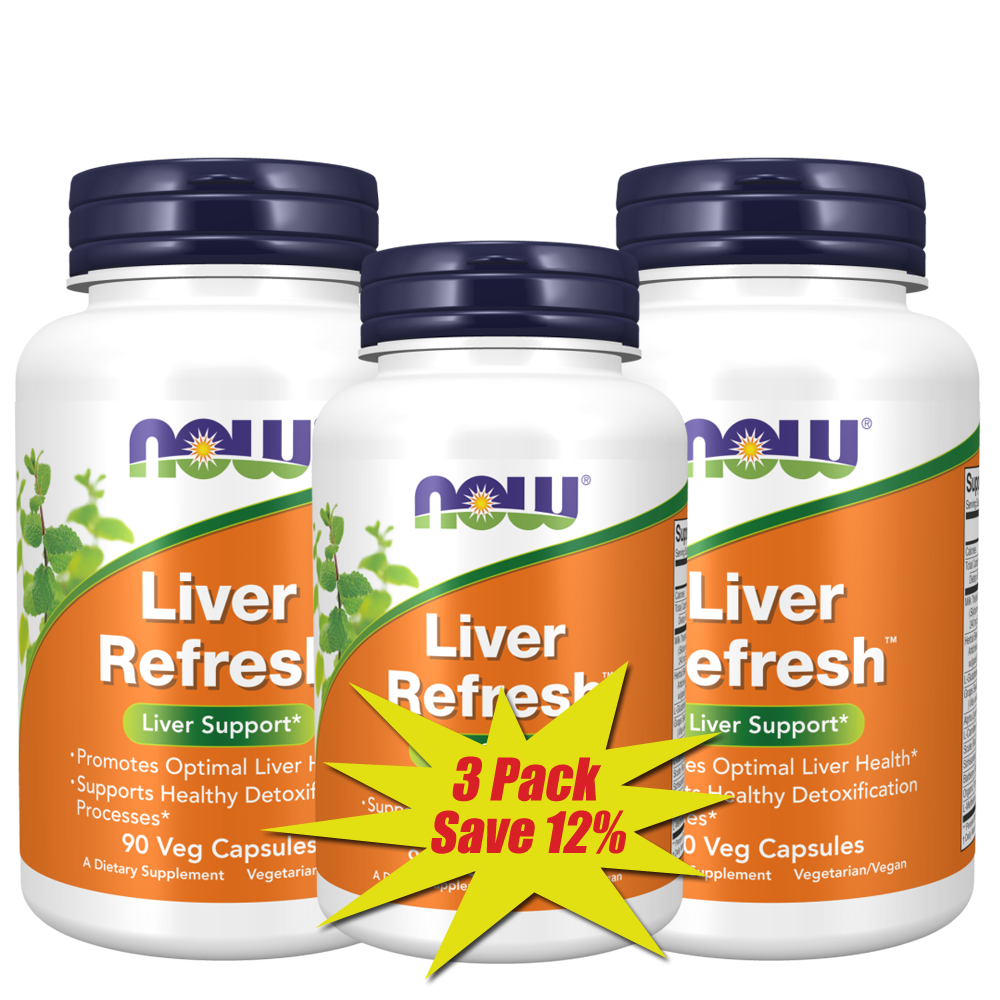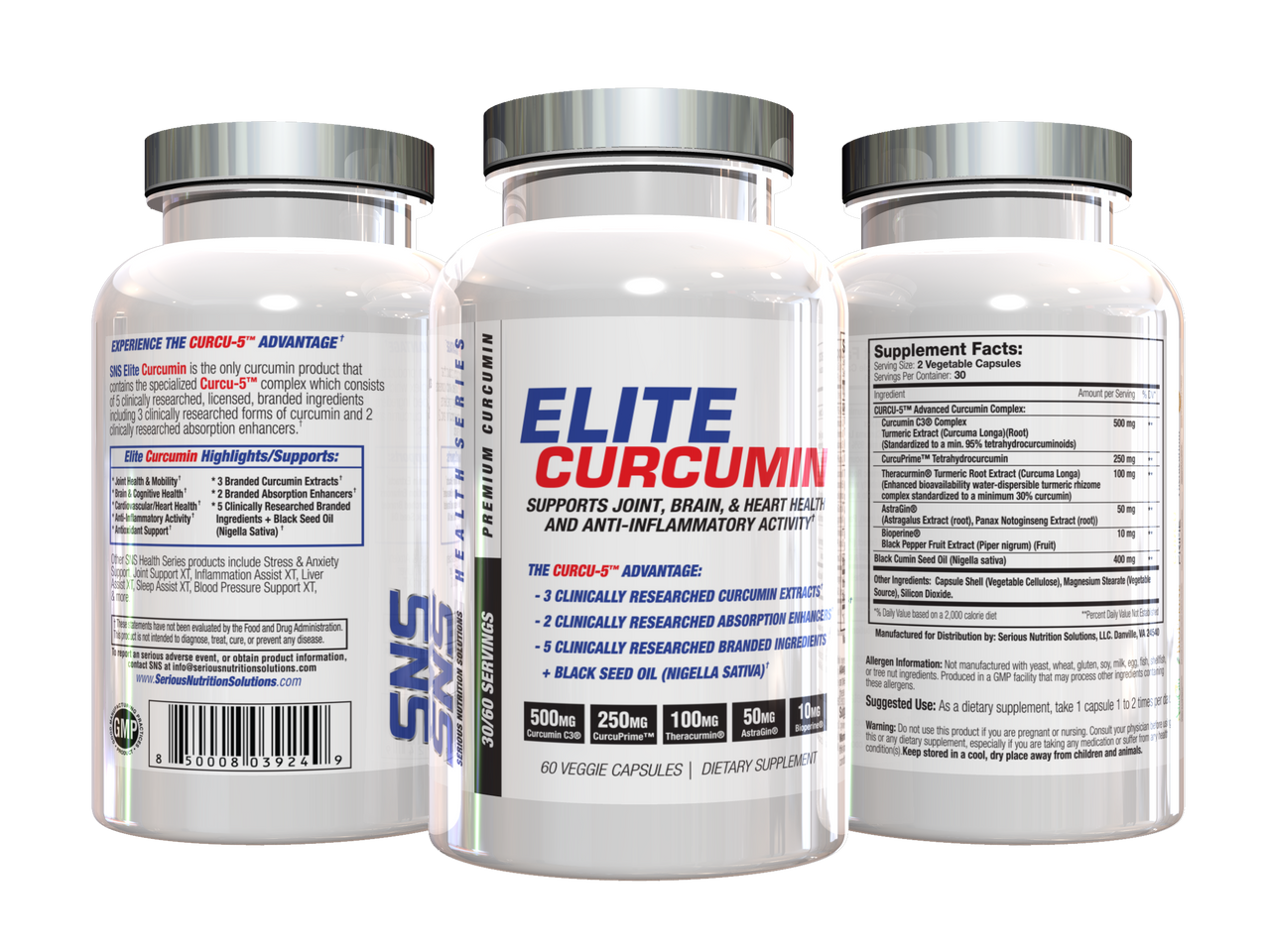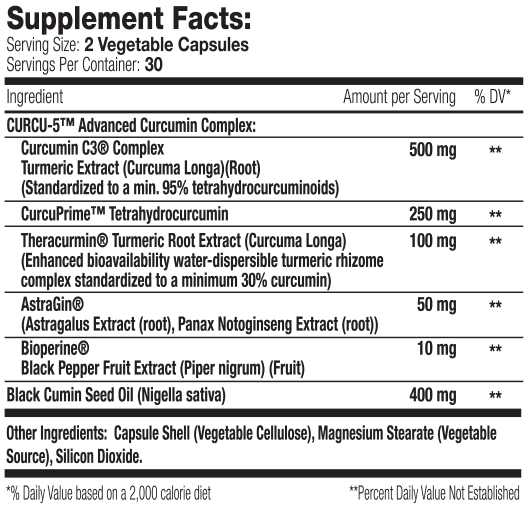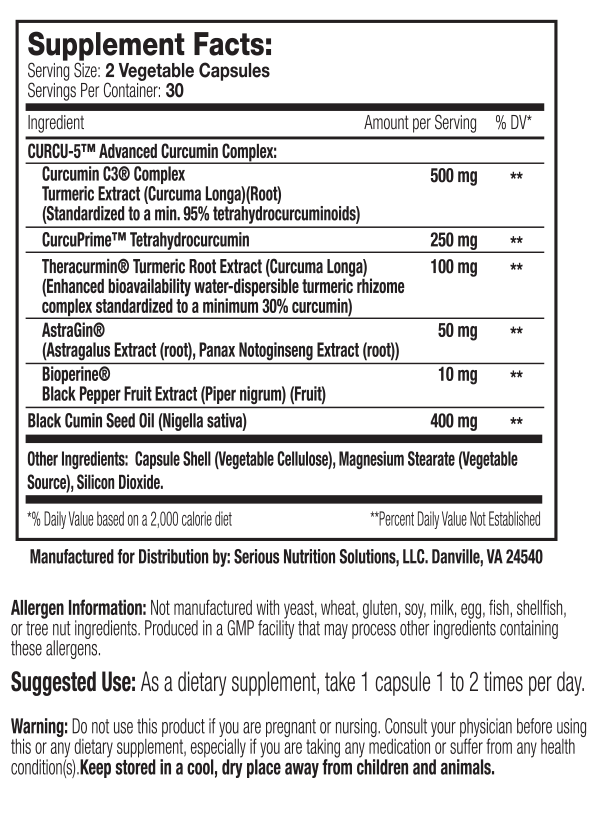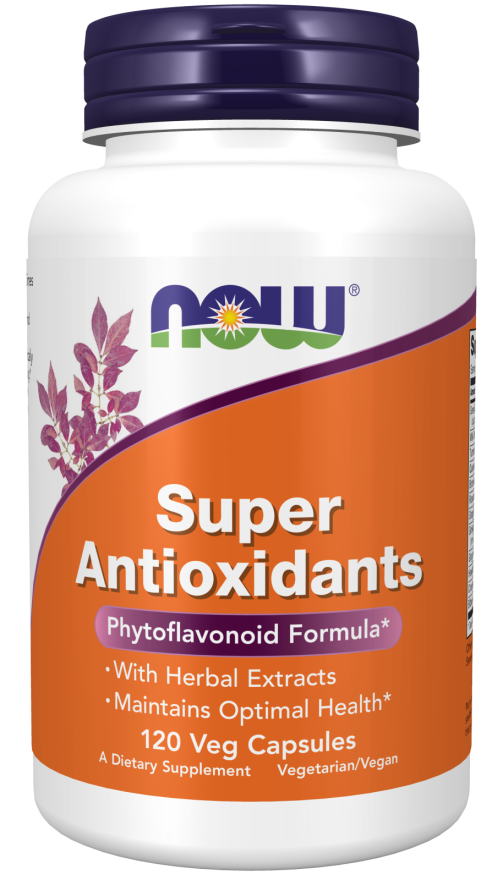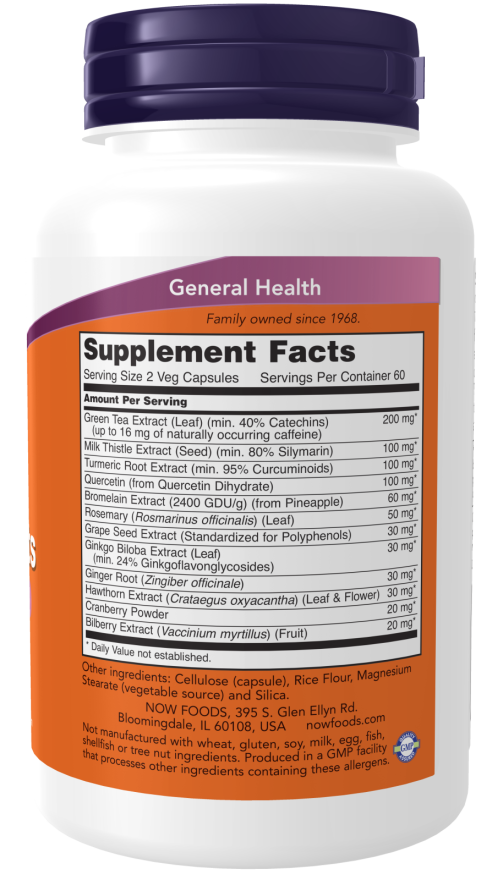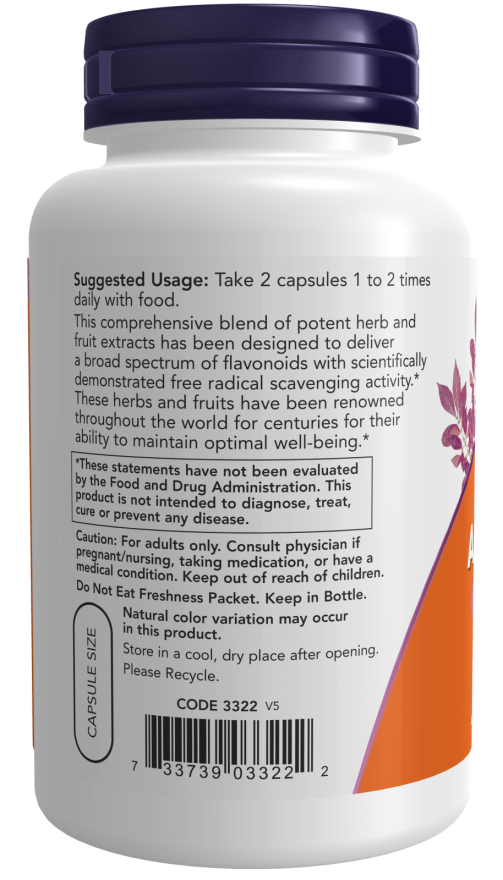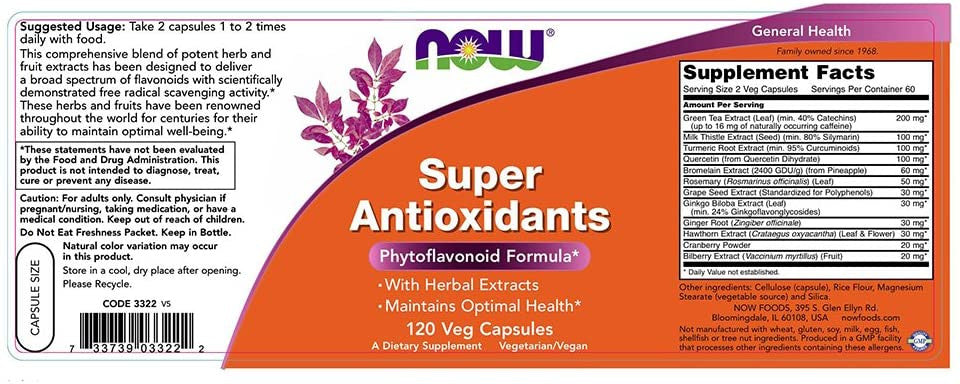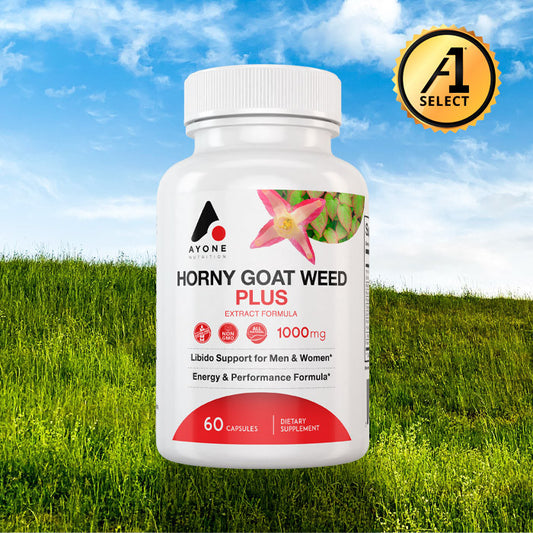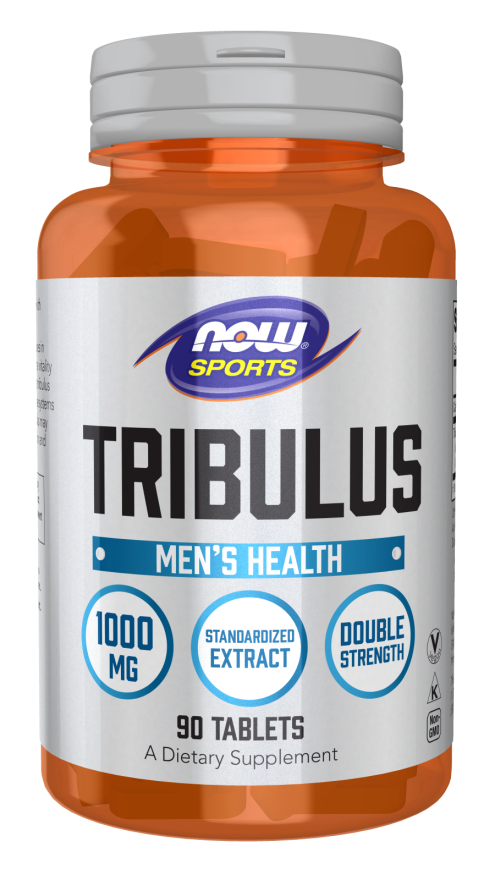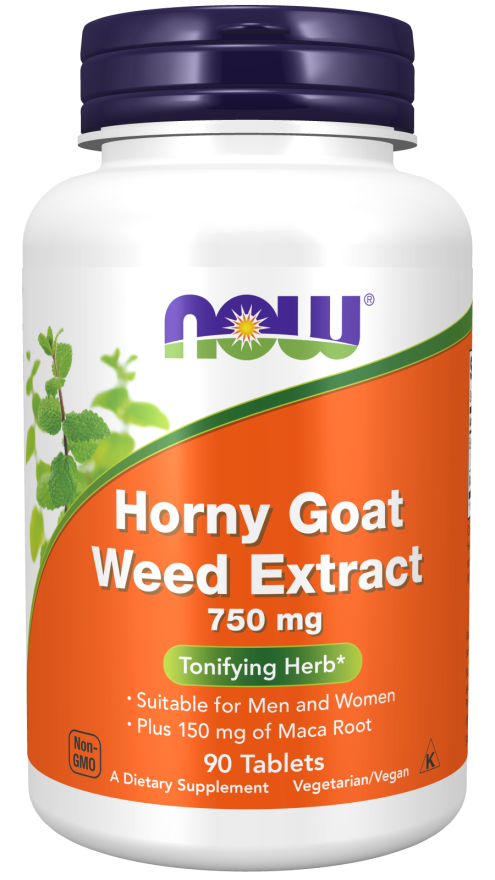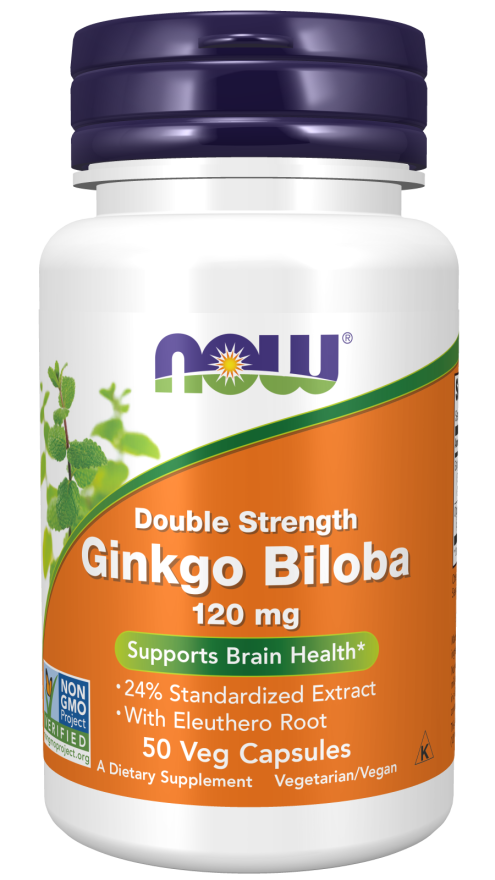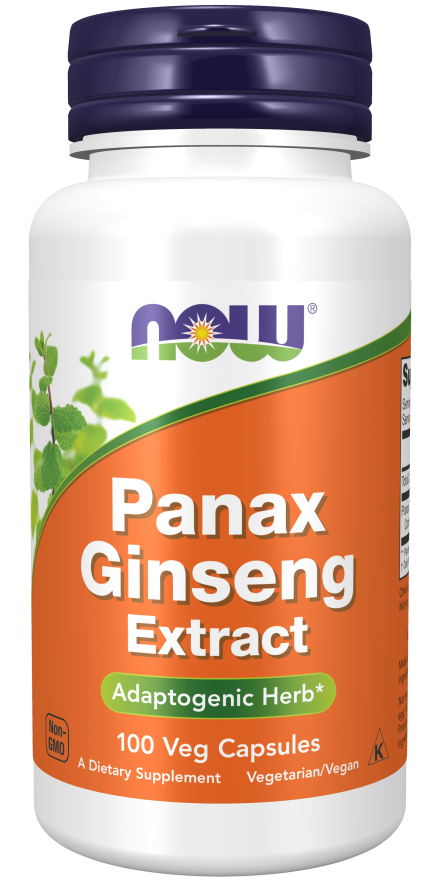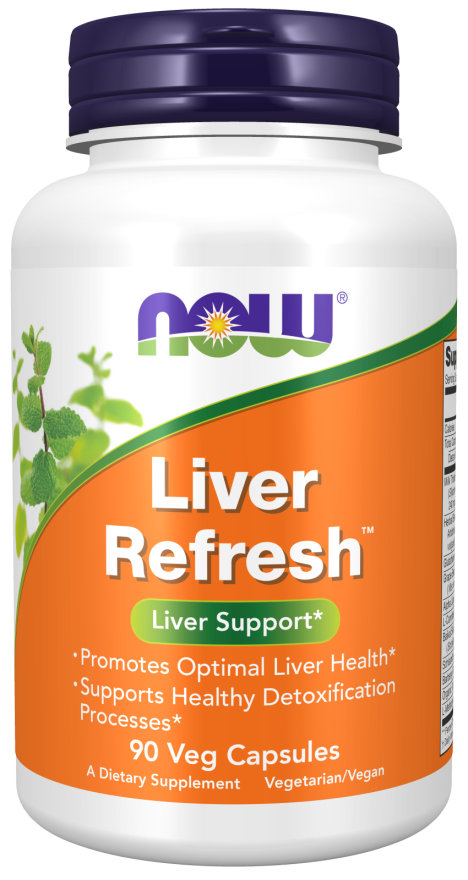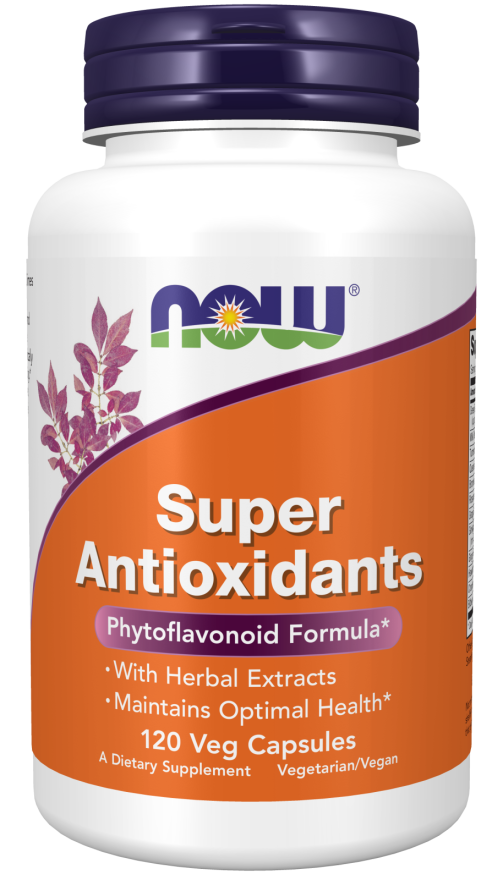Herbal Supplements is the use of any part of a plant-leaves, stems, seeds, roots, whatever to promote better health.
Even though they have only been commercially available for a few decades, most of us these days have a pretty clear idea how important vitamin supplements are to our good health, not to mention the role that antioxidants and omega-3 fatty acids can play. But ironically, when it comes to the subject of herbs, mankind’s very oldest medicines, people are bombarded with conflicting information that leaves them hesitant and confused.
What is herbal medicine?
Simply put, herbal medicine is the use of any part of a plant-leaves, stems, seeds, roots, whatever to promote better health. Anyone who has eaten oatmeal to lower cholesterol has practiced herbal medicine, whether they realized it or not. So has anyone who has drunk cranberry juice to fight a urinary tract infection, or anyone who has rubbed aloe vera on their skin to soothe a sunburn. The World Health Organization, in fact, estimates that roughly 80% of the globe’s population employs herbal medicine to some extent. Given the rising costs of prescription drugs and a growing awareness of their risks the popularity of herbal medicine will likely continue to increase.
How are herbal medicines used?
Often consumers take them in capsule form, sometimes in teas or powders, while others are applied topically.
Many herbs are used for quite specific reasons, much the way certain tools have very specialized purposes. Middle-aged men often take extracts of saw palmetto for prostate health, for instance, in part because of tradition, in part because of a growing body of research suggesting that that herb is helpful against BPH (Benign Prostatic Hypertrophy). Menopausal and pre-menopausal women, leery of the dangers of synthetic hormones but suffering from hot flashes, likewise make use of black cohosh in the hope that it will ease their symptoms.
Here is a quick rundown of a few health concerns and some herbs commonly used to deal with them:
-
Immune support: echinacea, astragalus, maitake, pau d’arco
-
Indigestion, gas, and heartburn: herbal bitters, chamomile, ginger, licorice, and peppermint
-
Mood and stress: St. John’s Wort, L-theanine (derived from green tea), kava kava root, holy basil
-
Liver Support and gall bladder health: milk thistle, artichoke extract, dandelion
-
Hormonal and libido support : tribulus, maca, yohimbe, mucuna pruriens
-
Brain function: ginkgo biloba, vinpocetine (derived from periwinkle), gotu kola, rosemary leaf
-
Inflammation and joint support: turmeric, cat’s claw, boswellin, ginger
-
Antiviral/antibacterial/antifungal: olive leaf, grapefruit seed extract, lemon balm, oil of oregano, caprylic acid (from coconut oil)
-
Cardiovascular/cholesterol/blood pressure: hawthorn, cayenne, red yeast rice, arjuna, garlic
-
Fat Loss: hoodia, guarana, green tea
-
Energy/stamina/athletic endurance: ginseng, eleuthero, rhodiola, cordyceps
The above list is very far from complete, and often widespread disagreement exists in the scientific community about the usefulness of any given herb. Also, just as no two people have the same fingerprints or DNA, biochemical individuality ensures that different people will sometimes respond in different ways to the same herb.
What do you need to know about herbs vs. drugs?
The use of patented molecules--that is, prescription drugs--to treat illness is a relatively recent affair, but herbal medicine goes back thousands of years, as ancient Chinese and Egyptian manuscripts attest. (And do not forget that even in our own time many so-called "conventional" medicines such as digitalis, tamoxifen, and aspirin were first derived from herbal extracts.)
Unless grossly misused, herbs seldom pose much risk to the user, unlike the majority of prescription drugs. For example, it only takes a relatively small amount of acetaminophen, an over-the-counter pain drug found in millions of bathroom medicine cabinets across America, to cause serious liver damage, even death. Few if any herbs are this potentially dangerous.
However, that does not mean that we should take the safety of herbs for granted. In some cases herbs can have a downside, especially if the wrong herb is ingested by those with a pre-existing condition or mistakenly combined with certain medications. Those with uncontrolled hypertension should stay away from the herb licorice, since it increases potassium loss and can therefore raise blood pressure even more. Garlic, taken by many people seeking to improve their cardiovascular health and bolster immunity, can be harmful if mixed with coumadin, AKA Warfarin, a widely prescribed blood-thinning agent. The same St. John’s Wort extract that scientists believe might help some people improve their mood and emotional well-being can block the action of anti-AIDS drugs or even birth control pills. These are not the only examples.
Herbal supplements are generally deemed safe when used appropriately; nevertheless, educate yourself to obtain maximum benefit from herbal supplementation while minimizing potential risks. For the same reason that you always look both ways before you cross the street, it is incumbent upon those of you wondering if herbal medicines are right for you to do your homework about their possible benefits and risks, and about how to use them. When in doubt be sure to seek qualified medical advice where needed.








